“Govt. trying to get EU talks date as soon as possible”
The government is trying to get a date for the start of EU accession negotiations as soon as possible in difficult circumstances, says Suzana Grubješić.
Thursday, 08.11.2012.
13:28

BELGRADE The government is trying to get a date for the start of EU accession negotiations as soon as possible in difficult circumstances, says Suzana Grubjesic. “We do not want to speculate because we are leading a responsible policy. On the contrary, we are trying to get a date for the beginning of the EU accession talks as soon as possible in circumstances that are not easy at all,” the deputy PM for European integration told daily Vecernje novosti. “Govt. trying to get EU talks date as soon as possible” According to her, previous experiences show that Montenegro got a conditional date based on the European Council’s recommendation and that a similar scenario could be applied in Serbia’s case in December. “We have realistic expectation but it is a very short period of time,” she was quoted as saying. Grubjesic said that concrete conditions would be defined by the European Council, just like it did in December 2011 and March 2012, and that the main conditions was normalization of relations with Kosovo, “or as they say visible and sustainable progress in the dialogue with Pristina and not recognition”. “The government is working hard on solving the most complex national issue and it is undoubtedly our biggest challenge. We are obligated to implement all agreements that stem from the technical dialogue that were reached by the previous government and none of those agreements is easy, simple because all of those agreements are deeply political,” the deputy PM said. According to her, the agreement on the integrated crossings management is the most demanding and it cannot be implemented quickly and Brussels is aware of it. “The new government has managed to restore Serbia’s credibility and the EU integration has become a state topic and not a single party’s marketing stunt,” she said, adding that Brussels trusted the Serbian government because it had shown it was committed to Serbia’s European future. “We are leading a serious state policy and we implement everything we agree on. We do not hide anything from our citizens. We act and talk the same in Belgrade and Brussels. In the past, EU officials were told what they wanted to hear which was often contrary to what was done in Belgrade later,” Grubjesic stressed. She repeated that in reality Serbia had had no authority in Kosovo since 1999 but that Pristina did not have any authority in northern Kosovo either. “There is room for agreement and for a sustainable solution for the Kosovo issue in that fact. Even though we have been told that the partition of Kosovo is out of the question, it is legitimate to launch the issue of northern Kosovo’s status, position of Serbs south of the Ibar River, protection of our churches and monasteries, issue of property of the expelled and finally the issue of return of refugees and the internally displaced. We offer proposals in our negotiating platform for all those and many other issues,” the deputy PM stressed. She explained that thanks to the document Serbia finally had a proactive policy and that it was time to come out with a clear strategy instead of responding to other side’s proposals, conditions and ultimatums all the time. Suzana Grubjesic (B92, file) Tanjug Vecernje novosti
“Govt. trying to get EU talks date as soon as possible”
According to her, previous experiences show that Montenegro got a conditional date based on the European Council’s recommendation and that a similar scenario could be applied in Serbia’s case in December.“We have realistic expectation but it is a very short period of time,” she was quoted as saying.
Grubješić said that concrete conditions would be defined by the European Council, just like it did in December 2011 and March 2012, and that the main conditions was normalization of relations with Kosovo, “or as they say visible and sustainable progress in the dialogue with Priština and not recognition”.
“The government is working hard on solving the most complex national issue and it is undoubtedly our biggest challenge. We are obligated to implement all agreements that stem from the technical dialogue that were reached by the previous government and none of those agreements is easy, simple because all of those agreements are deeply political,” the deputy PM said.
According to her, the agreement on the integrated crossings management is the most demanding and it cannot be implemented quickly and Brussels is aware of it.
“The new government has managed to restore Serbia’s credibility and the EU integration has become a state topic and not a single party’s marketing stunt,” she said, adding that Brussels trusted the Serbian government because it had shown it was committed to Serbia’s European future.
“We are leading a serious state policy and we implement everything we agree on. We do not hide anything from our citizens. We act and talk the same in Belgrade and Brussels. In the past, EU officials were told what they wanted to hear which was often contrary to what was done in Belgrade later,” Grubješić stressed.
She repeated that in reality Serbia had had no authority in Kosovo since 1999 but that Priština did not have any authority in northern Kosovo either.
“There is room for agreement and for a sustainable solution for the Kosovo issue in that fact. Even though we have been told that the partition of Kosovo is out of the question, it is legitimate to launch the issue of northern Kosovo’s status, position of Serbs south of the Ibar River, protection of our churches and monasteries, issue of property of the expelled and finally the issue of return of refugees and the internally displaced. We offer proposals in our negotiating platform for all those and many other issues,” the deputy PM stressed.
She explained that thanks to the document Serbia finally had a proactive policy and that it was time to come out with a clear strategy instead of responding to other side’s proposals, conditions and ultimatums all the time.










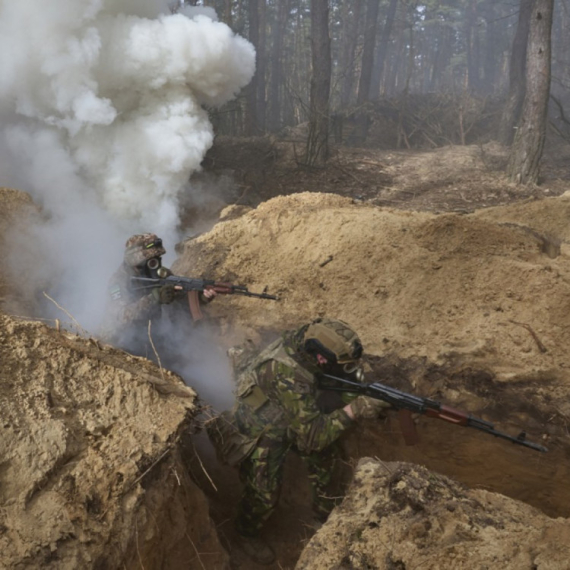
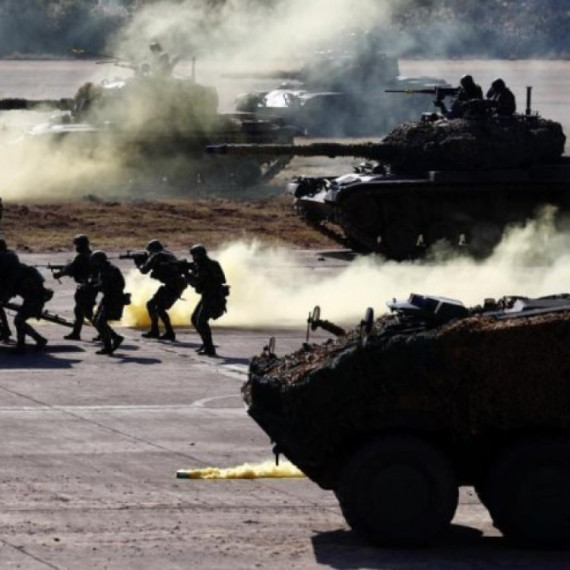
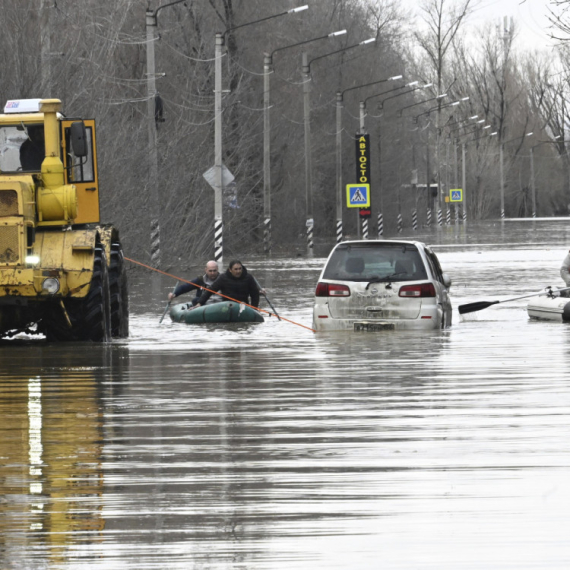







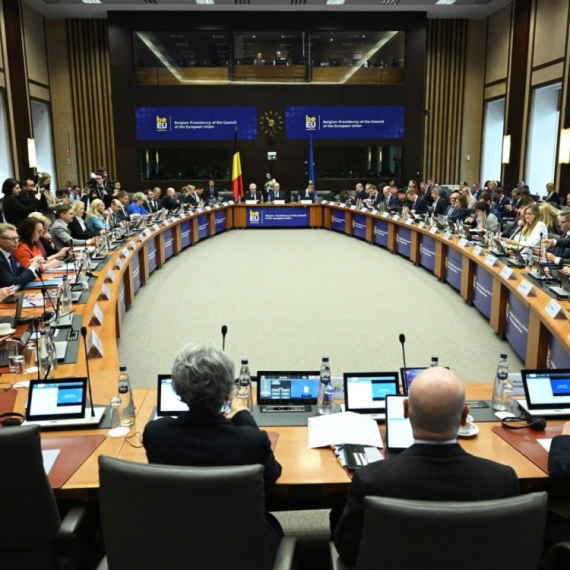
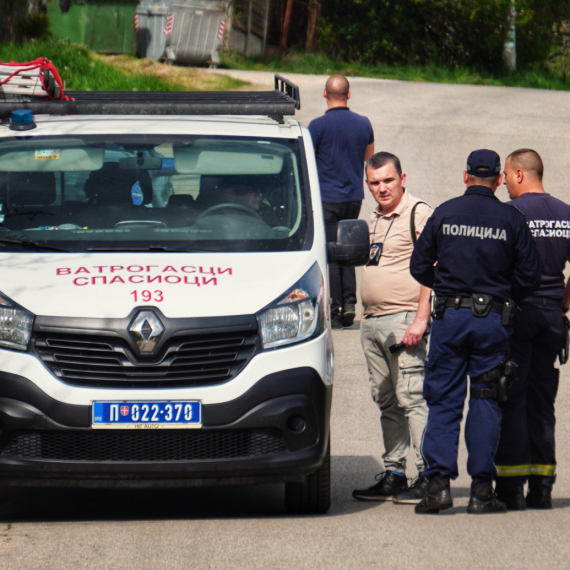
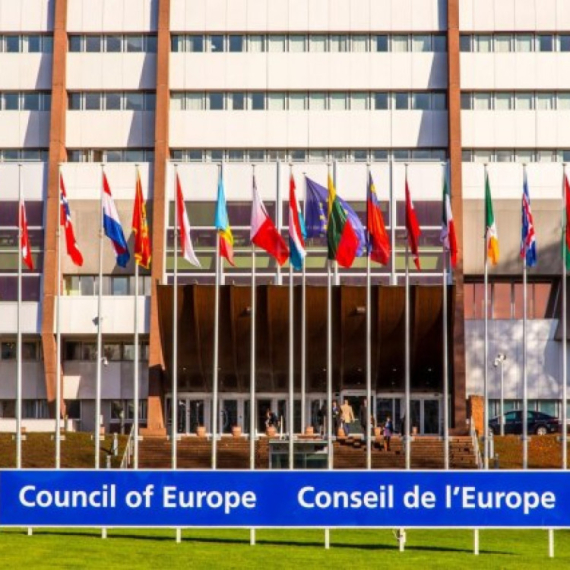
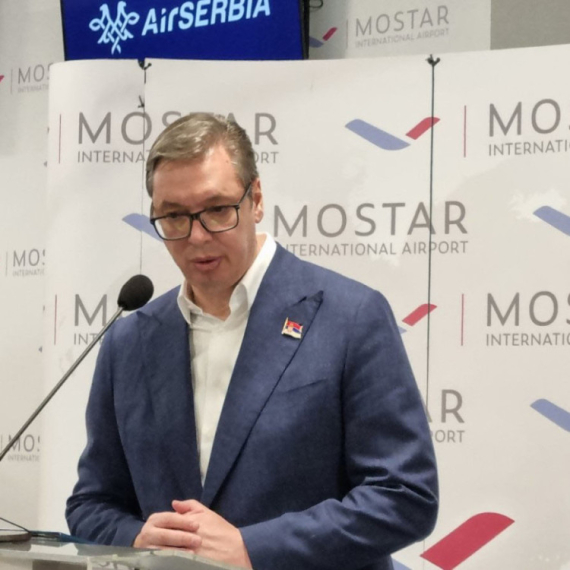















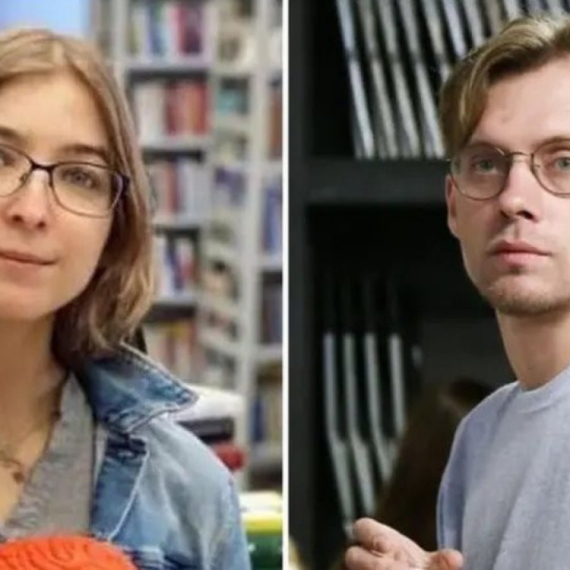

Komentari 1
Pogledaj komentare